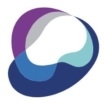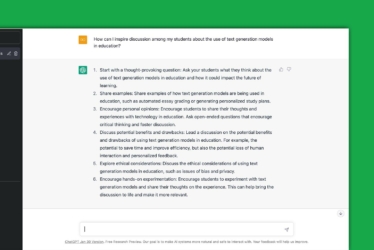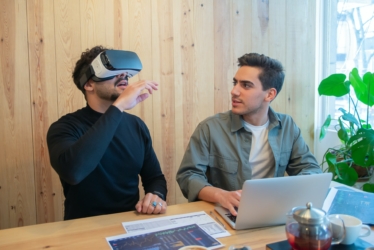Reflections from our Digital Education Seminar: Education Challenges in 2021
In the second of two articles focusing on digitalising education at Leiden University, we outline four major challenges identified during our support of the transition.
A year has passed since Leiden University went online in response to Covid-19. During the Digital Education (DigEd) Seminar, organised by the Centre for Innovation in January 2021, we took a critical look at the University’s experience with online education in 2020. We have published our insights in a parallel report, and this piece outlines some of the challenges and hurdles facing online education in 2021.
Challenge 1: An equal learning experience for all
Whenever new teaching tools, pedagogical developments or changes to learning environments are introduced , one question must be asked: does this provide an equal experience for every student?
All technology can bring challenges to inclusivity, from the biases programmed into software to hardware issues such as connectivity. Accessibility is a key concern. For live broadcasts of lectures, the challenge is to make sure that streaming technology and accompanying software allows for a wide range of digital literacy levels and hardware set ups.
This is especially pertinent to hybrid education, the combination of online and physical students in the same classroom. This form of education can create a sense of inequity between students. Those following remotely may feel like they receive a stripped down course and miss out on class experience. At the same time, not providing digital alternatives for those who aren’t physically present also creates inequality, cutting off students who cannot make it to the classroom. There is a need to experiment with more formats and technologies in order to improve the inclusivity and effectiveness of the shared learning experience in hybrid situations. Looking closer at education design, like for instance asynchronous teaching elements, such as the use of pre-recorded knowledge clips and online forums, might provide a way forward.
Challenge 2: Sufficient time for teaching
Preparing digital education takes time, in addition to normal content preparations. Even more time is required to (re)design learning experiences to make use of digital tools. This highlights once more the enormous work pressure facing teachers and researchers. The digital learning transition requires careful, deliberate planning and preparation. There is no shortcut, no winging it. Solutions can be found in working in education teams, or with support like the moderator pool. Teachers also highlight the need to reduce administrative pressure and the need for stable, permanent contracts. Rewarding teaching more comprehensively is also on the agenda.
Challenge 3: Technology is not always the solution
We’re all facing fatigue from the pandemic. Not only is our wellbeing affected but also our perseverance and perceptions of our digital tools. Technology does not solve all our challenges, but it does create opportunities that we need to assess. What did it do for us, and what did it not do for us? Many participants at the seminar mentioned that they do want to keep some of the new ways of working and teaching when we return to campus. We need to keep an open mind towards digital education while acknowledging how everybody wants to return to campus for deeper intense conversations. It should be possible to do both.
Challenge 4: Increased awareness of ethical technology use
One of the challenges that accompanies the increasing use of digital tooling for education is how to use them responsibly. This includes taking into consideration the privacy and protection of students, teachers and staff. This requires assessing legal, ethical, security aspects of the tools. Overcoming this challenge can take time and extensive discussion that may delay the implementation of certain tools and impact what is available to teachers and when. Explaining why it is important to prioritise the responsible implementation of these tools, especially to protect our students and our staff from unintended consequences, is key. The Holistic Data Responsibility Framework of the Centre for Innovation aims to contribute to the continuing conversation and assist in addressing this challenge.
Call to Action: join us in experiments
Do you have an idea that might address some of our continuing challenges in education, and are you willing to run a small pilot to experiment with that potential solution? Contact the Centre for Innovation at c4i@sea.leidenuniv.nl to see how we can work together.





